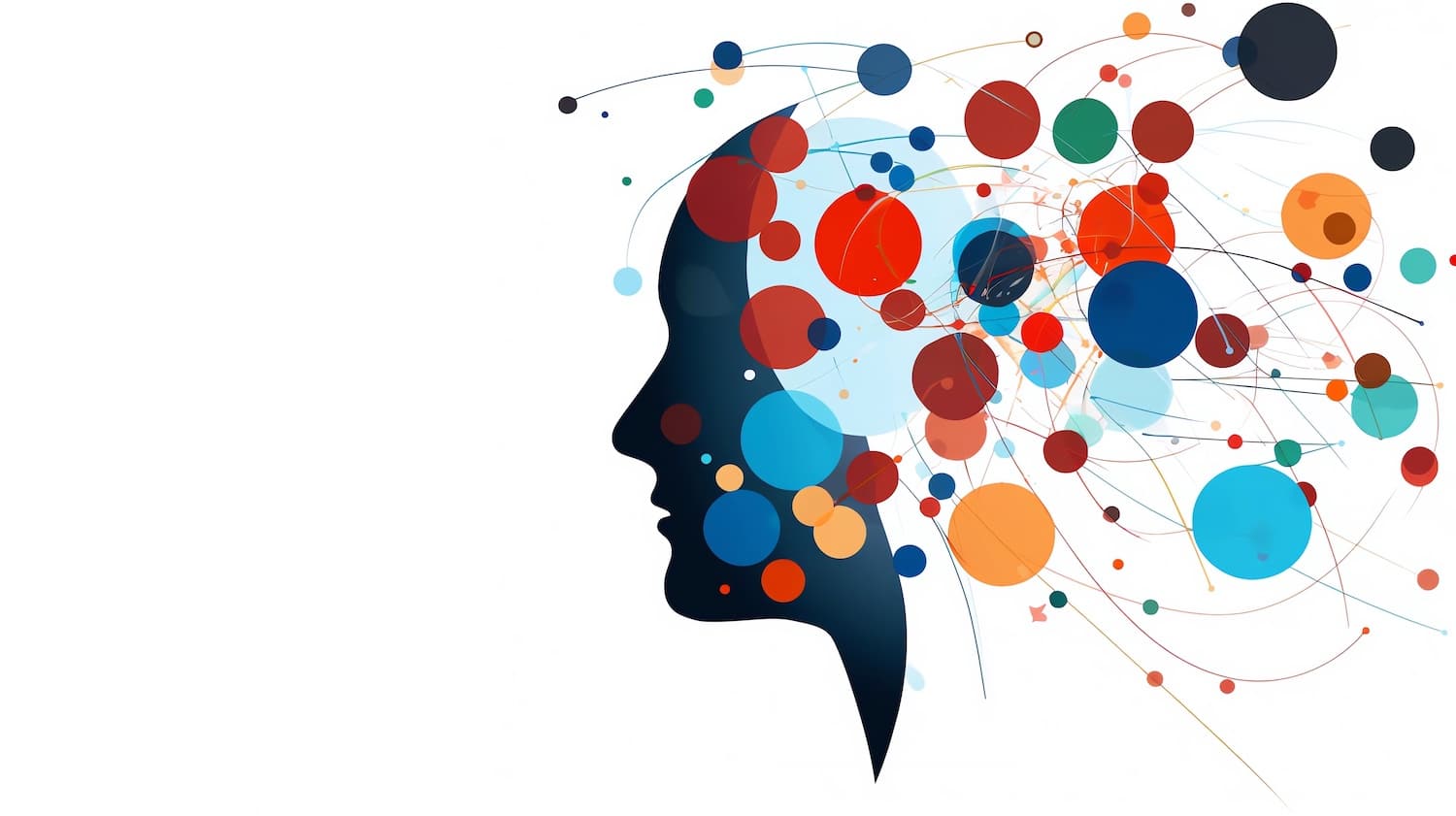Treatment for OCD at Lifeskills
At Lifeskills, our cognitive behavioral therapy pathway — primarily used to treat mood and anxiety disorders — focuses on identifying and changing the thought and behavior patterns that fuel symptoms of obsessive-compulsive disorder (OCD). Our therapists work to help break the cycle between intrusive thoughts, emotional responses, and compulsive behaviors so clients can develop healthier coping strategies and regain control over their lives. We empower individuals to achieve lasting symptom management and improved well-being through personalized care and proven therapeutic approaches.
About OCD
OCD is a mental health condition marked by intrusive thoughts and repetitive behaviors intended to relieve anxiety. Affecting 2 to 3 million adults in the US, OCD often begins in childhood or adolescence. While individuals may recognize their irrational behaviors, they often struggle to stop them, resulting in cycles that disrupt daily life. Effective treatment is essential for long-term management.
The lifetime prevalence of OCD affects approximately 2.3% of US adults, impacting 2 to 3 million individuals.
Questions about obsessive-compulsive disorder?
What is OCD?
OCD is a complex mental health condition involving a cycle of obsessions and compulsions. Obsessions are persistent, intrusive thoughts, urges, or images that cause significant distress or anxiety. Compulsions are repetitive behaviors or mental acts performed to reduce this distress or prevent a feared event, even if there is no logical connection. OCD is rooted in dysregulated neural pathways, particularly in areas of the brain associated with fear and decision-making, such as the orbitofrontal cortex and basal ganglia. Without intervention, these cycles can interfere with daily functioning, relationships, and overall well-being. Effective treatment, such as CBT and exposure and ritual prevention (ExRP), targets these patterns, helping individuals regain control and improve their quality of life.
What are the signs and symptoms of OCD?
OCD is characterized by a cycle of obsessions and compulsions. Obsessions are intrusive, unwanted thoughts, images, or urges that trigger significant anxiety or distress. Compulsions are repetitive behaviors or mental acts performed to reduce the discomfort caused by obsessions, even when they interfere with daily life. Below is a clinical overview of the signs and symptoms associated with OCD:
Common Obsessions
- Fear of contamination (germs, dirt, or illness)
- Intrusive thoughts about harming oneself or others
- Unwanted taboo thoughts related to religion, sexuality, or violence
- Excessive focus on symmetry, order, or precision
- Persistent doubts (e.g., “Did I lock the door?”)
- Fear of losing or misplacing items
- Preoccupation with superstitions or “unlucky” numbers
Common Compulsions
- Excessive cleaning or hand-washing (leading to dermatitis or raw skin)
- Checking rituals (e.g., ensuring the stove is off or doors are locked)
- Repeatedly arranging or organizing items to achieve a “perfect” order
- Counting or repeating words or phrases mentally or aloud
- Hoarding items, even those without practical value
- Seeking constant reassurance from others
- Avoidant behaviors to prevent triggering obsessions
Physical and Emotional Symptoms:
- Skin lesions or damage from excessive washing or picking
- Significant time lost due to rituals, impacting work, school, or relationships
- Anxiety or distress occurs when rituals cannot be performed
- Motor tics or repetitive movements often co-occur with OCD
OCD frequently co-occurs with substance use disorders, as individuals may turn to drugs or alcohol to manage overwhelming symptoms. However, this can complicate diagnosis and treatment, making professional intervention critical. Our masters-level clinicians can address both OCD and co-occurring substance use through our specialized clinical pathways, ensuring accurate diagnosis and a comprehensive, individualized treatment plan for long-term recovery.
When should I seek help for OCD?
Individuals should seek treatment for OCD when intrusive thoughts, compulsive behaviors, or co-occurring challenges disrupt daily life or emotional well-being. At Lifeskills, our CBT clinical pathway offers specialized care for OCD, using evidence-based approaches like CBT and ExRP. These therapies help individuals manage obsessions and compulsions effectively while addressing co-occurring conditions, such as substance use. Early intervention through tailored, expert care is vital for breaking the cycle and achieving sustainable recovery.
Our Levels of Care
At Lifeskills, we offer a comprehensive continuum of care to support individuals at every stage of their recovery journey. Our levels of care include detoxification, residential treatment, partial hospitalization, intensive outpatient, and transitional living programs, each tailored to meet the unique needs of our clients.



